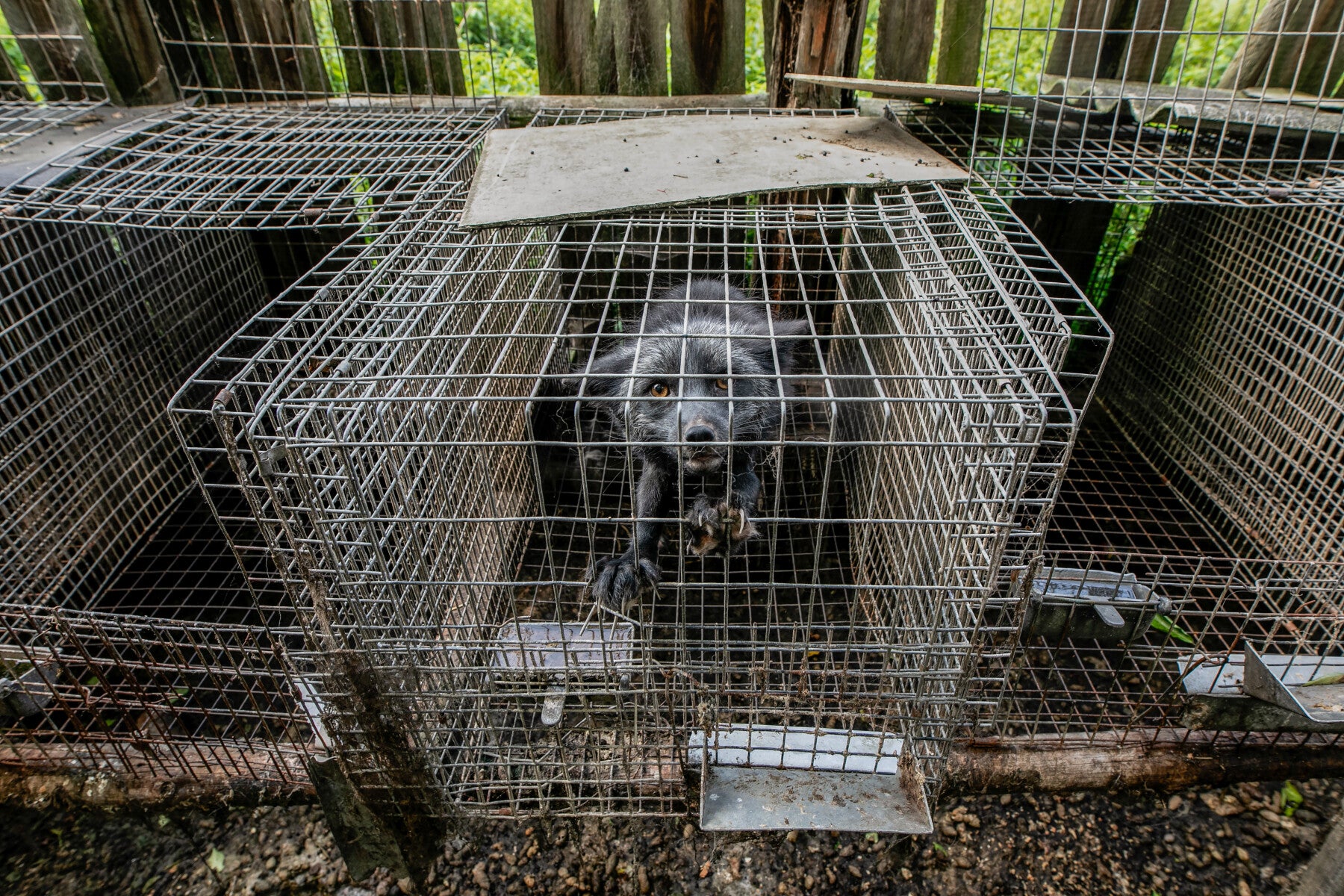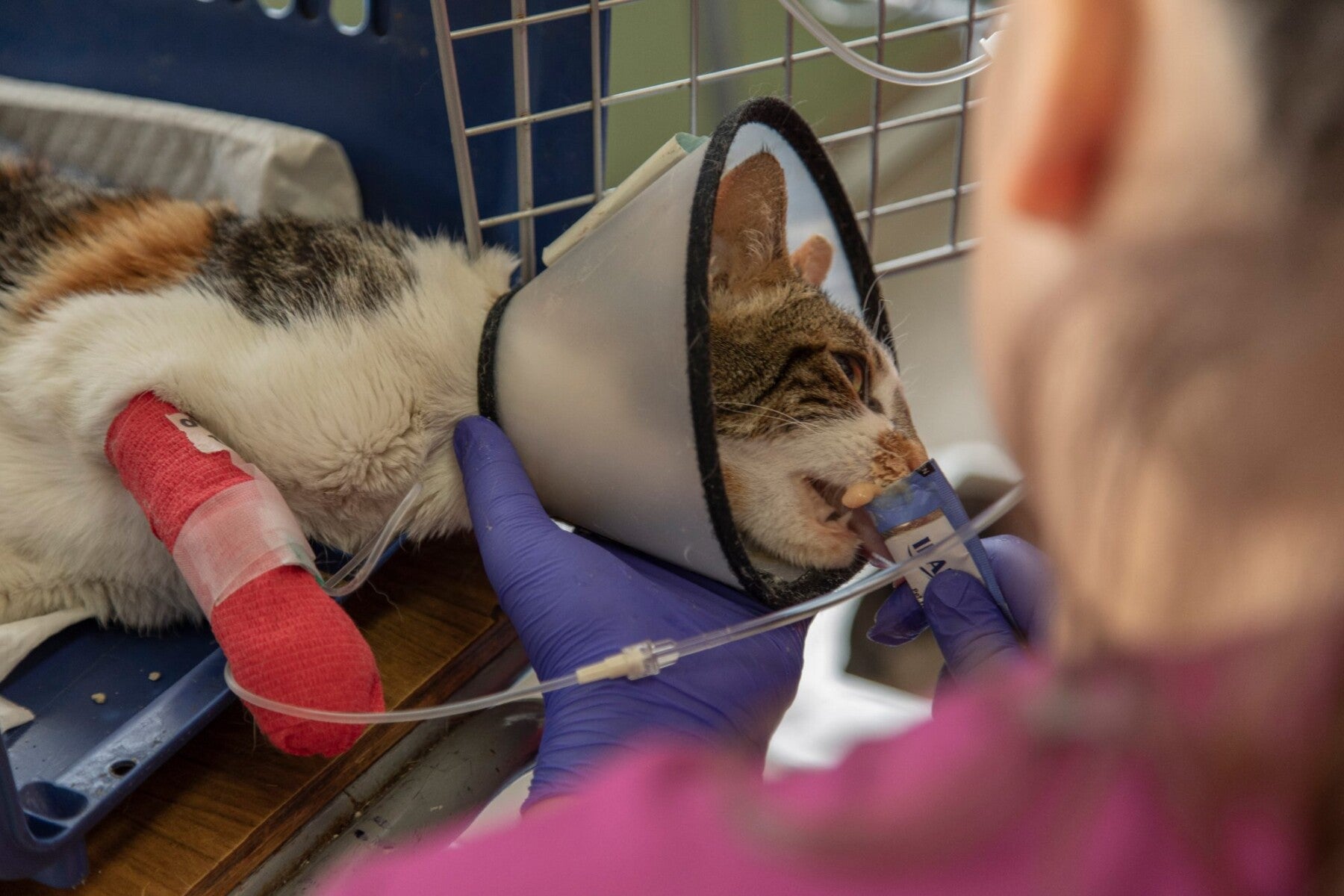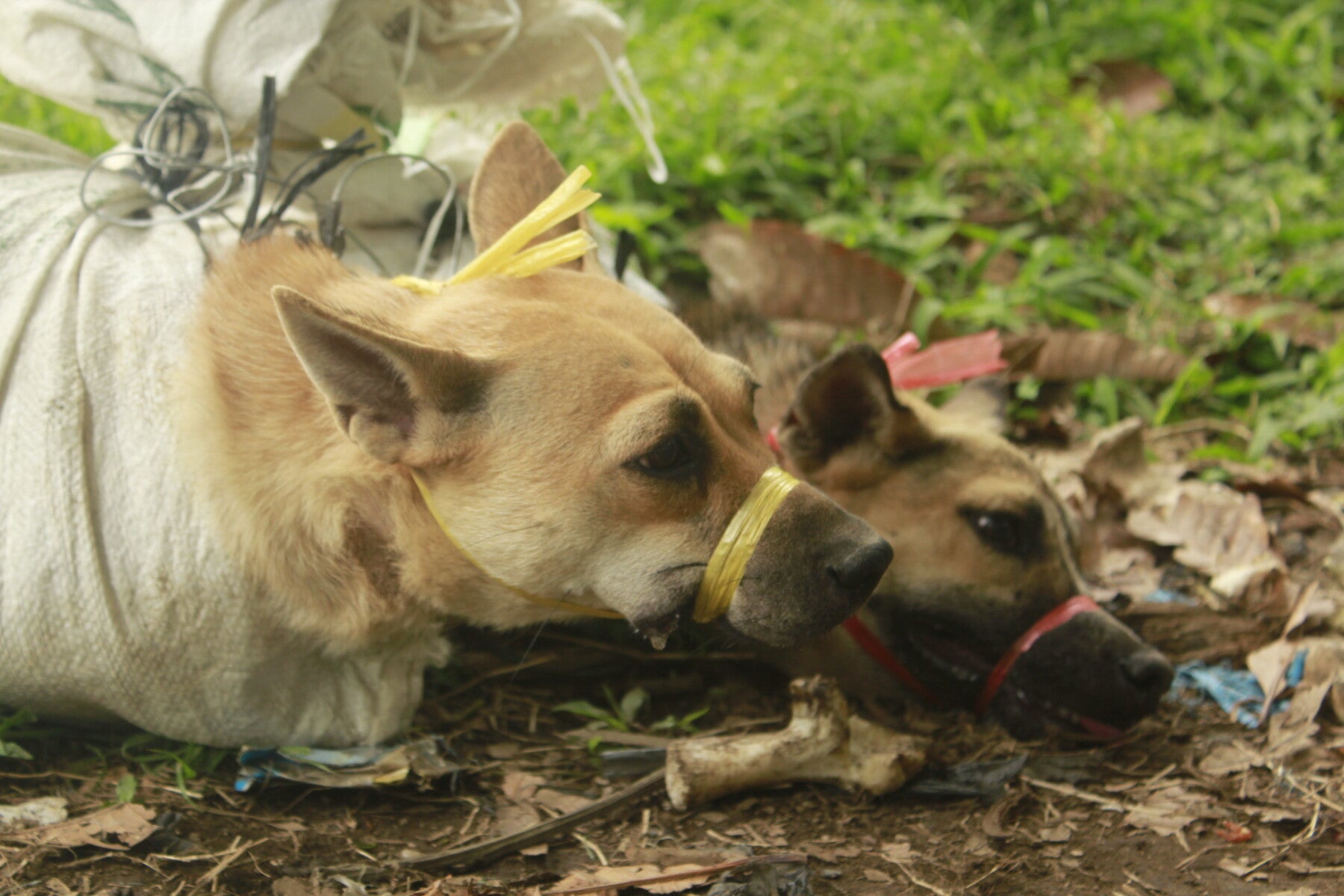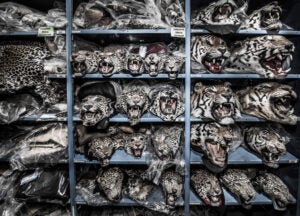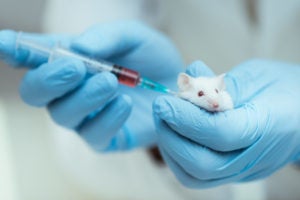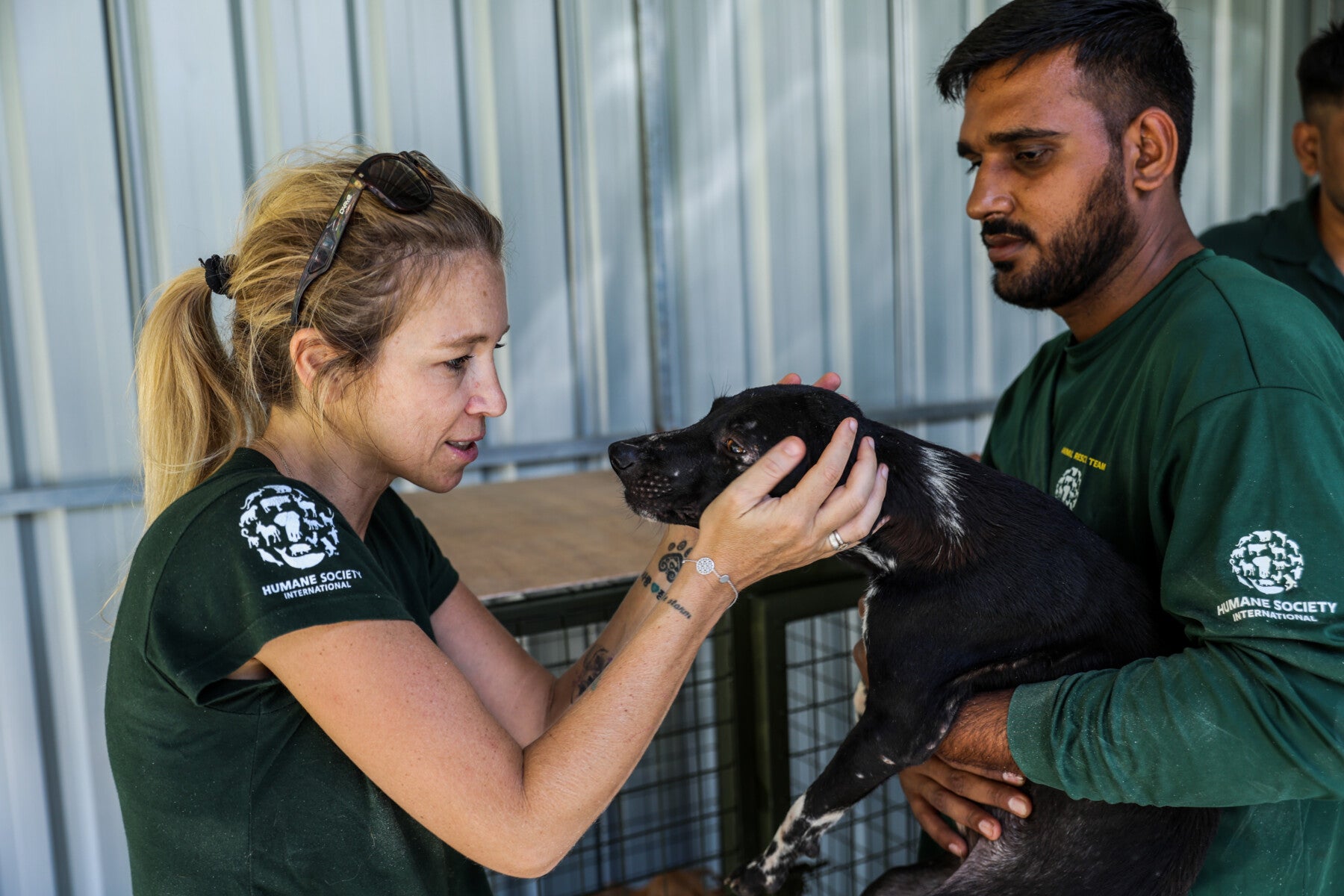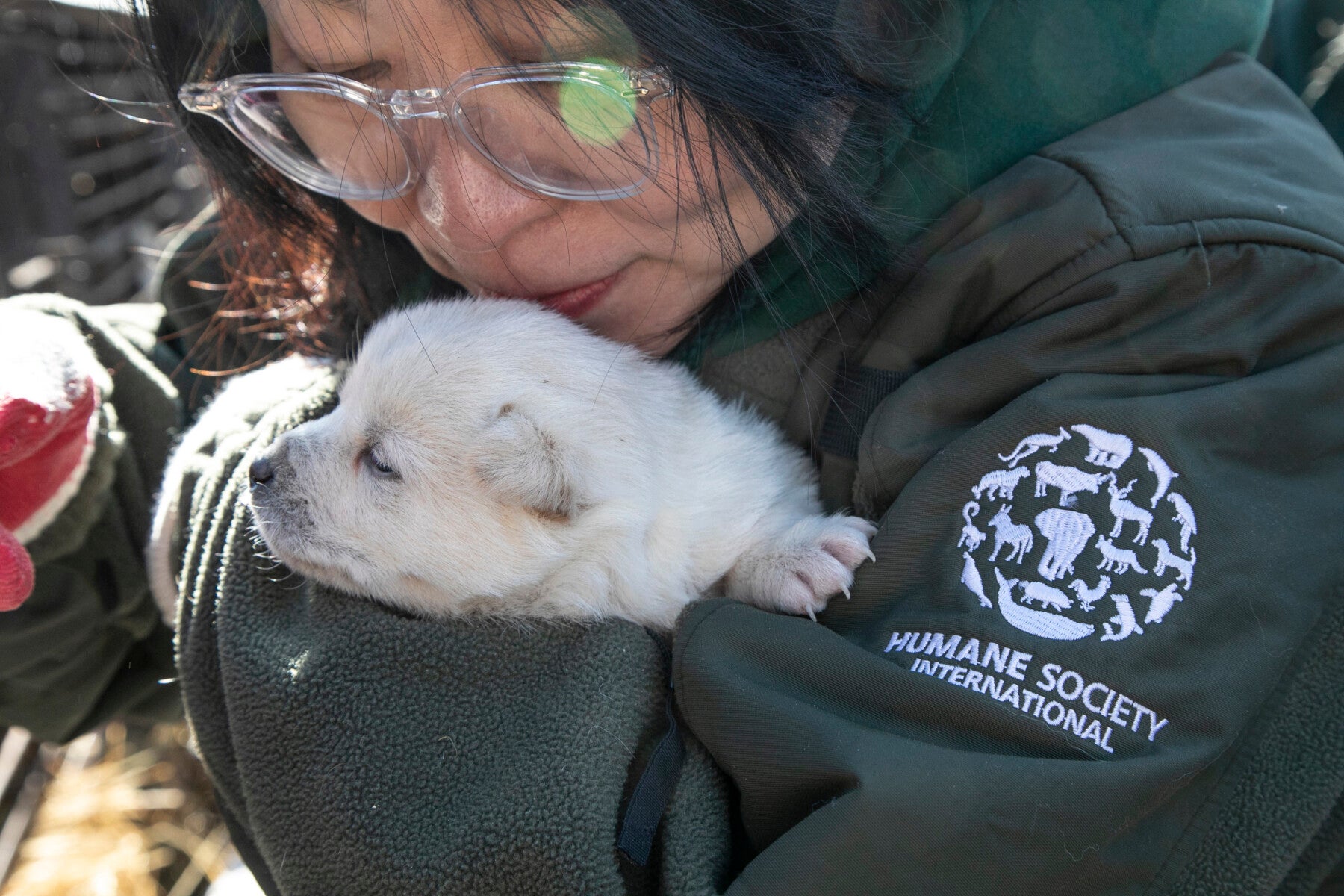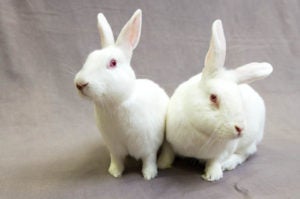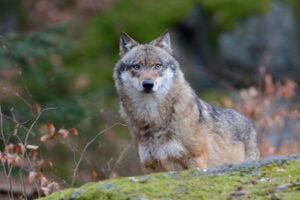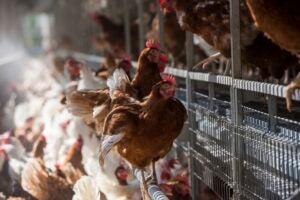
MEXICO CITY—Humane Society International congratulates Grupo Bimbo, a global leader in the food industry, for making meaningful progress toward its goal of a 100% cage-free egg supply chain by 2025. The company has also successfully influenced major producers to begin cage-free production in Mexico. For nearly a decade, Grupo Bimbo has actively collaborated with Humane Society International and other non-governmental organizations in Mexico to help facilitate their transition globally.
The market for cage-free eggs in Mexico is rapidly growing, accelerating the shift toward kinder, cage-free systems for raising hens and harvesting their eggs. Over 150 companies in Mexico have committed to stop using eggs from caged hens in their supply chains. This includes major manufacturers such as Grupo Bimbo, restaurants such as Toks and McDonald’s operator Arcos Dorados, hotel operators such as Karisma and Marriott, and many others. Where the market goes, the production follows: the volume of eggs required to fulfill these commitments requires a significant sector shift to cage-free production. Companies like Grupo Bimbo are leading the way by working directly with their suppliers to transition away from using cages to meet their pledge.
Cage-free systems typically offer hens higher levels of welfare by allowing more opportunities for expression of natural behavior such as ground scratching, pecking, dustbathing, nesting, perching and socializing, all of which are not possible in systems that house hens in cages. Hens are sentient, intelligent and sociable animals. Scientific studies have shown that they have a sense of time, can count, learn from their flock mates and anticipate the future, which in turn affects their decision-making. They experience positive emotional states and enjoy social activities.
Grupo Bimbo states, “It is important to note that we have carried out this process (achieving a 17% progress in our global target) with the support of our allies and various civil society organizations that are experts in the field, including Humane Society International, who have provided us with information and recommendations.”
Arianna Torres, senior program manager at HSI, said: “The collaborative journey between Grupo Bimbo and HSI underscores the transformative impact that collective efforts can have on shaping a more humane future. HSI has been working with Grupo Bimbo since the beginning, providing trainings to their staff, supporting road map development, bringing companies together to share lessons learned, and helping find suppliers that are willing to transition away from cages globally and throughout Mexico. Grupo Bimbo is demonstrating that companies of all sizes can make significant positive changes for animals.”
Humane Society International is facilitating a successful transition to higher welfare, cage and crate free housing for farmed animals around the world, by working with corporate buyers, producers and financial institutions.
ENDS
Media Contact: Erica Heffner: eheffner@humanesociety.org

